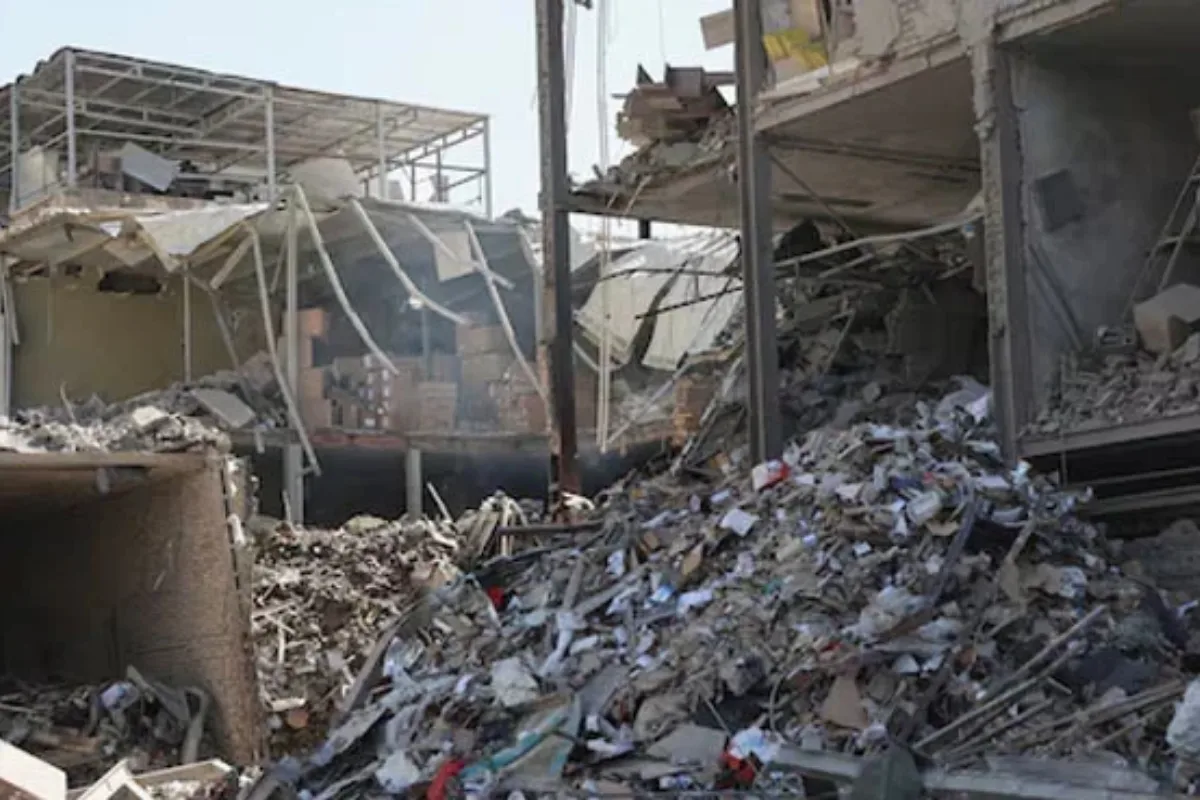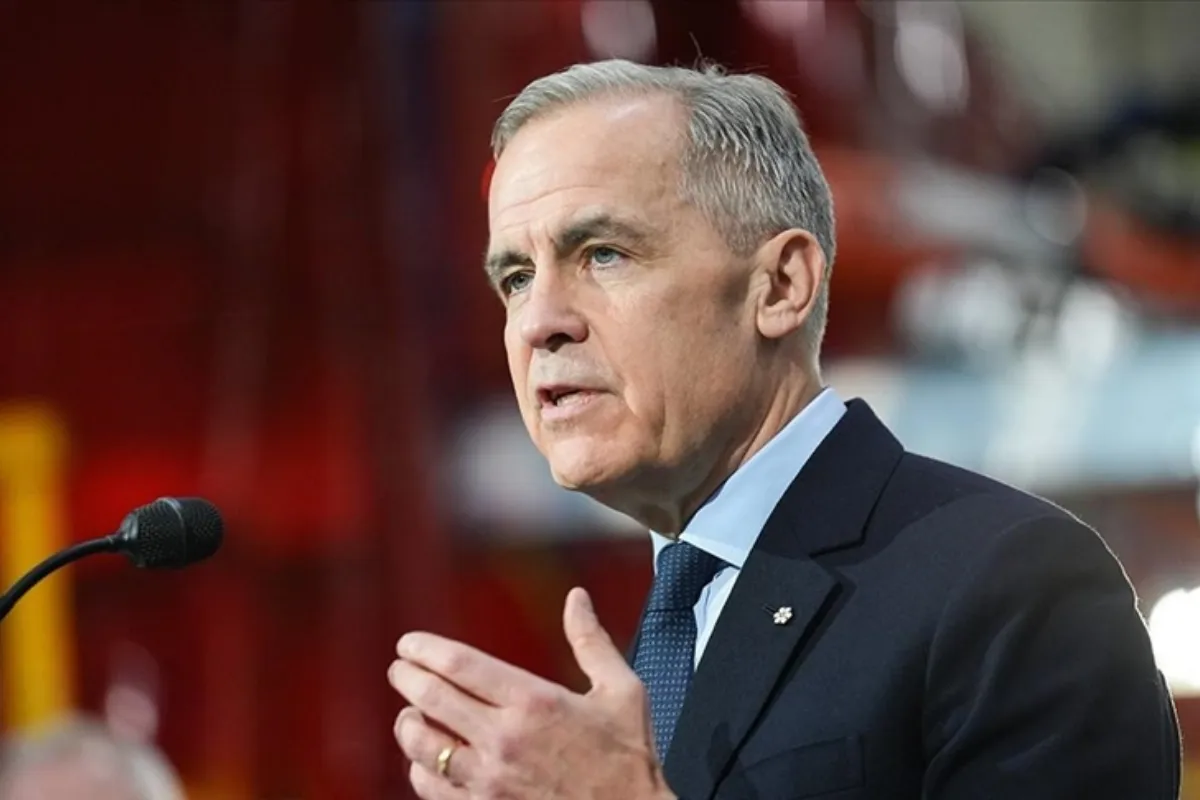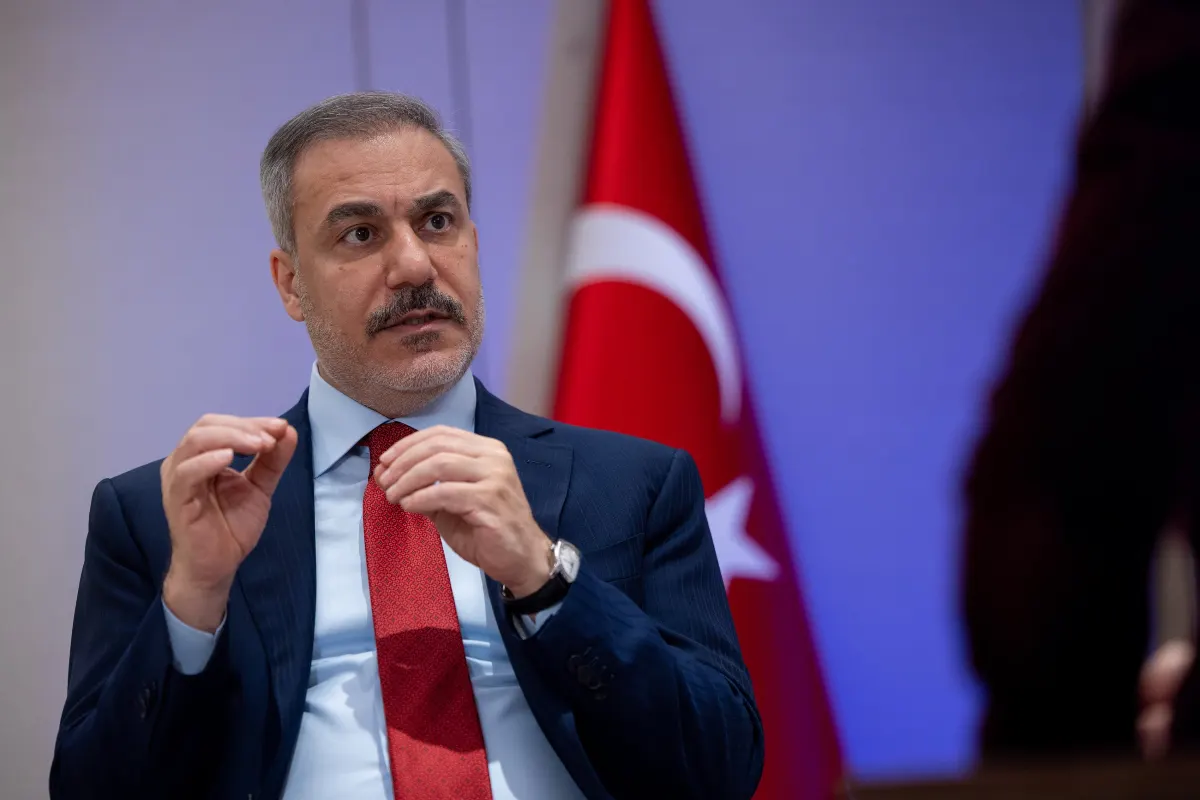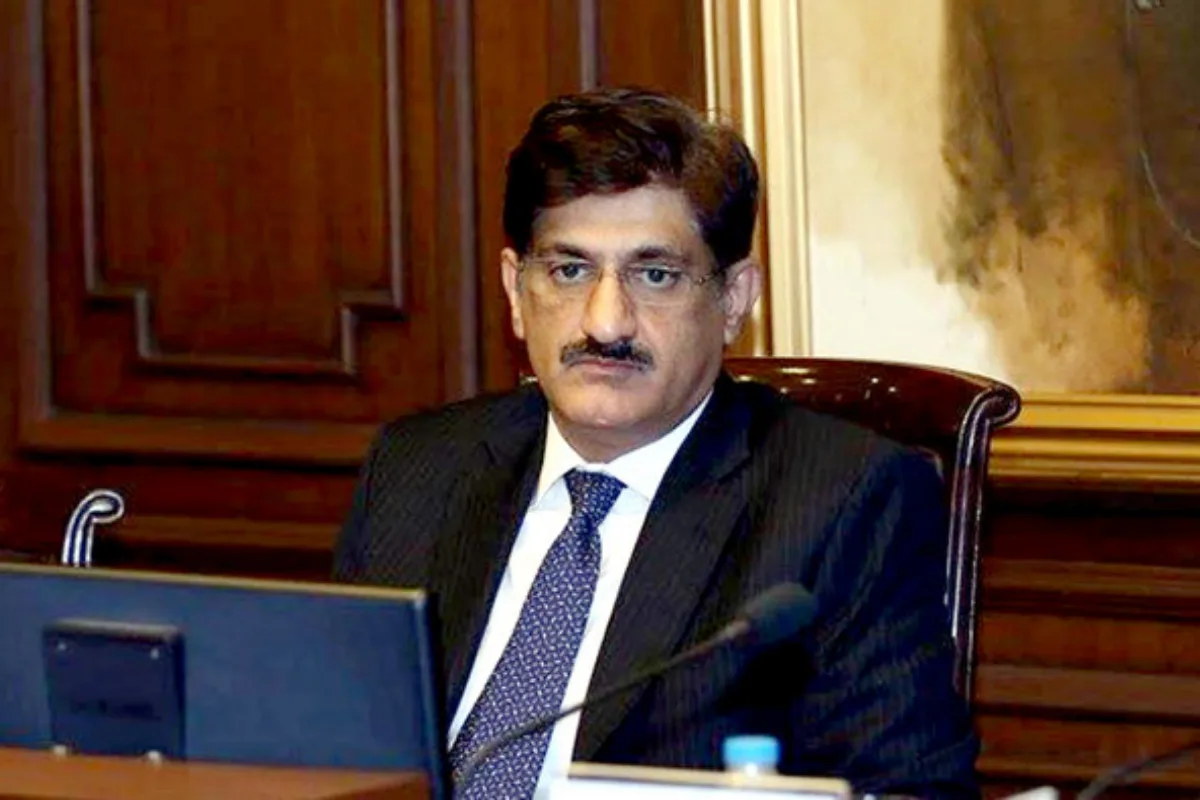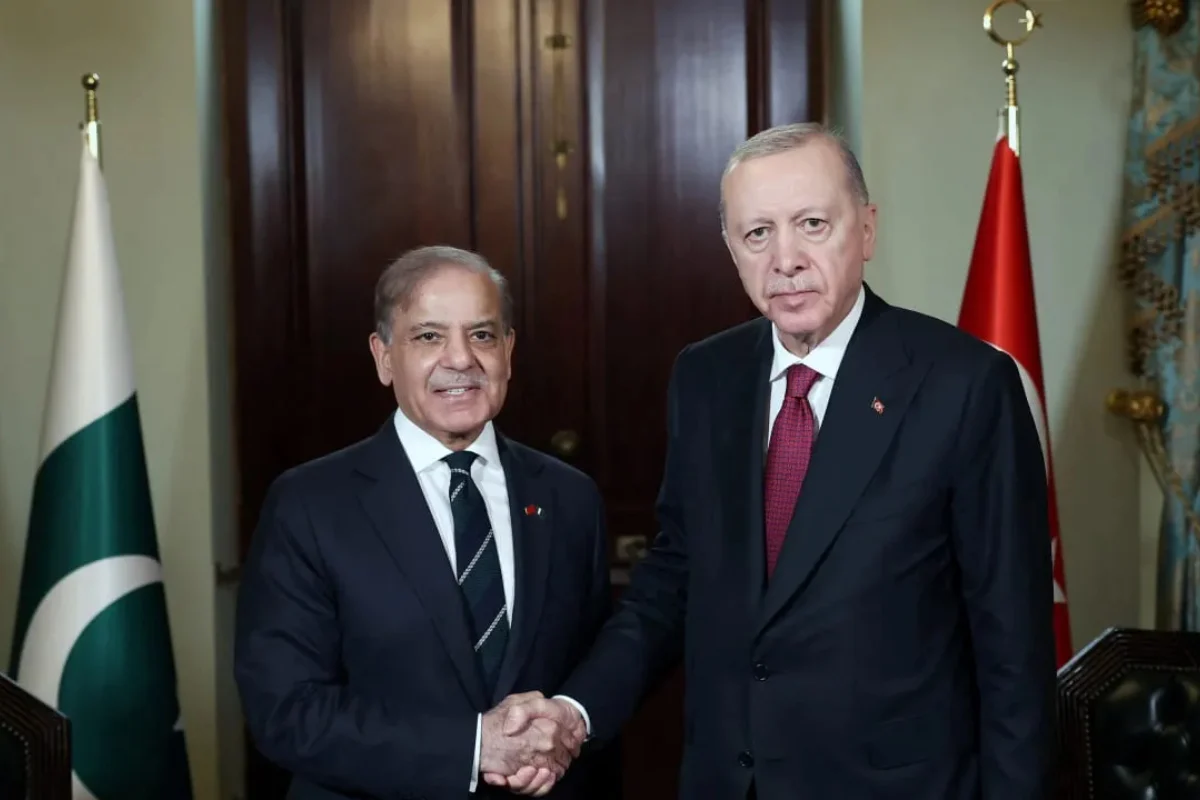PM Shehbaz approves 5-year strategy to manage future floods
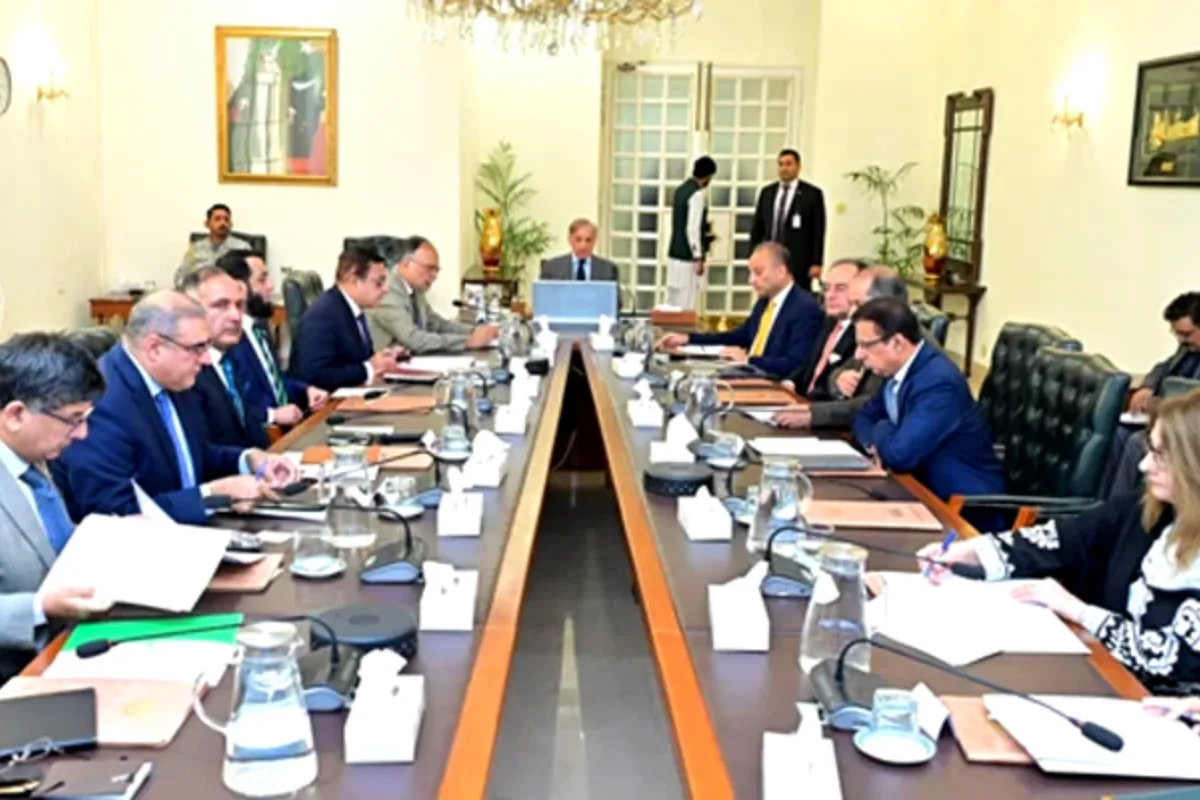
PM Shehbaz approves 5-year strategy to manage future floods
Prime Minister Shehbaz Sharif has approved a new 5-year flood management plan. This plan focuses on fixing, expanding, and rebuilding flood protection systems. Federal Minister for Climate Change Musadik Malik shared this news during a press conference, along with the head of the National Disaster Management Authority (NDMA).
Malik explained that the floods in 2022 caused damage worth about 9% of Pakistan’s GDP. Over the last few major floods, more than 4,500 people have died, and around 40 million have been displaced. This year alone, 3.1 million people lost their homes. He added that the current drainage system is not enough to handle the heavy monsoon rains happening now.
To address these problems, the government has prepared a 250-day plan for the upcoming monsoon season. They will also take integrated measures over the next 200 days to be ready for similar floods next year. A key meeting led by PM Shehbaz decided on a three-phase strategy for flood management.
The first phase is to repair damaged infrastructure, such as dykes and flood gates, within 200-250 days before the next monsoon. PM Shehbaz also ordered that early warning systems be set up at district and tehsil levels, so alerts reach vulnerable areas quickly. Local officials will monitor incoming data to ensure timely alerts.
The Prime Minister also asked for plans to set up temporary schools and mobile healthcare units in flood-affected areas to keep education and healthcare services running.
The medium-term plan aims to improve drainage and flood management systems over the next three years. The long-term plan, lasting five years, is to build climate-resilient infrastructure that can withstand extreme weather.
Malik emphasized that protecting lives and preventing floods should be a priority. Floods can come from rivers, flash floods, drainage issues, or coastal damage. PM Shehbaz will personally oversee the program and review progress to make sure Pakistan is better prepared for future weather extremes.
During the meeting, PM Shehbaz instructed authorities to be ready for next year’s monsoon and to put the short-term plan into action immediately. He asked the Ministry of Climate Change, the Ministry of Planning, and NDMA to work closely with provincial governments. He also called for a meeting of the National Water Council for better water management across the country.
The Prime Minister highlighted that Pakistan, as a developing country, spends a large part of its GDP on dealing with climate change effects, which could otherwise be used for development. Despite contributing very little to global carbon emissions, Pakistan faces serious climate challenges.
The meeting covered global forecasts for next year’s monsoon, and the government outlined various plans for the short, medium, and long term. Several federal ministers and senior officials attended the meeting to discuss these measures.
Read More: Bloomberg Praises Field Marshal Asim Munir’s Role in Strengthening Pakistan’s Economy
Catch all the Pakistan News, Breaking News Event and Trending News Updates on GTV News
Join Our Whatsapp Channel GTV Whatsapp Official Channel to get the Daily News Update & Follow us on Google News.



